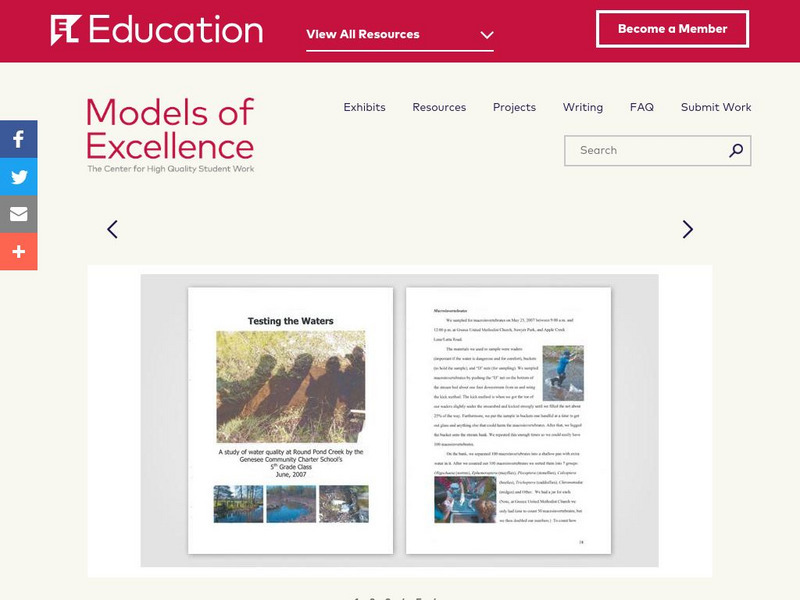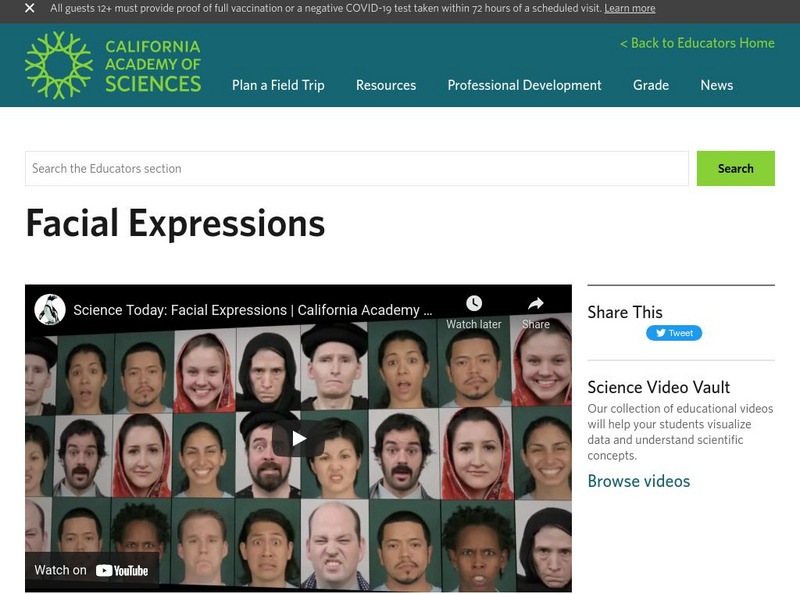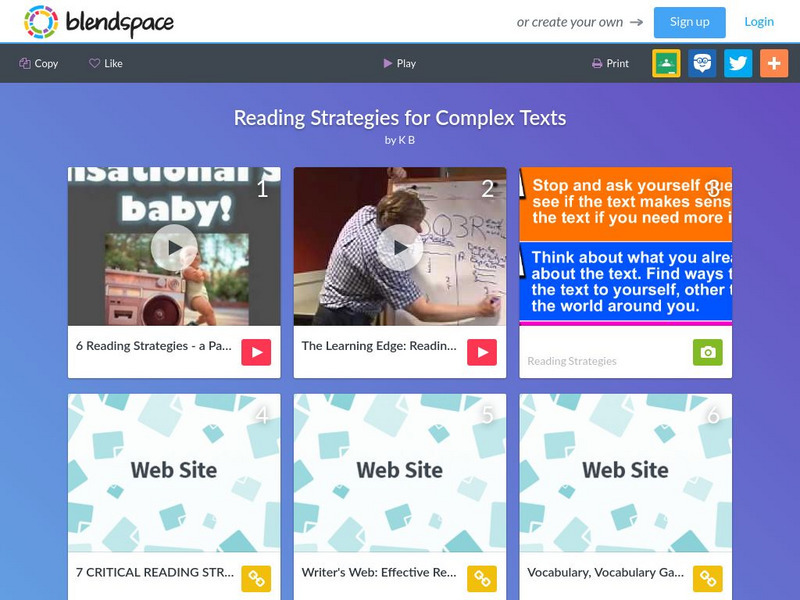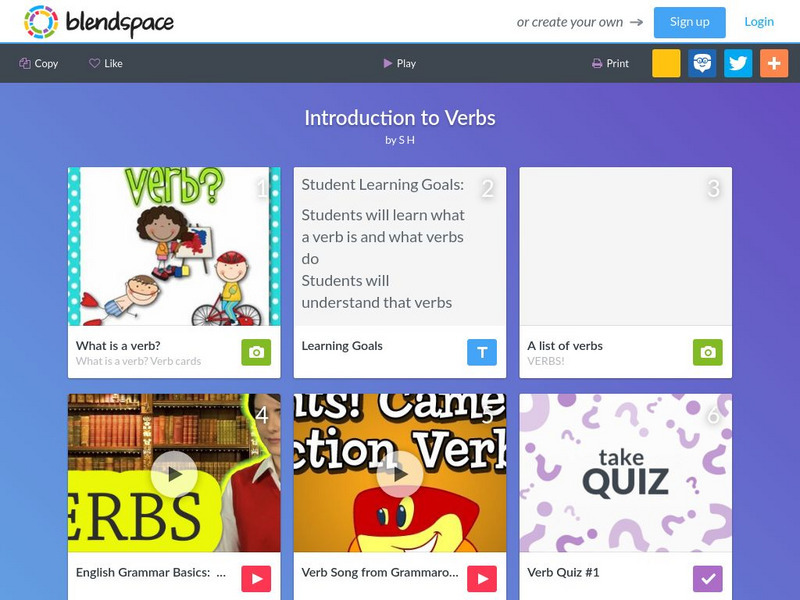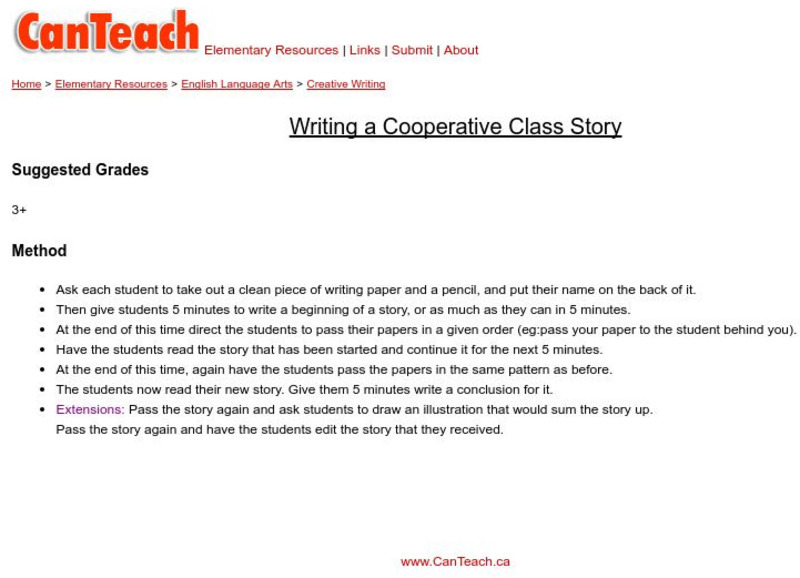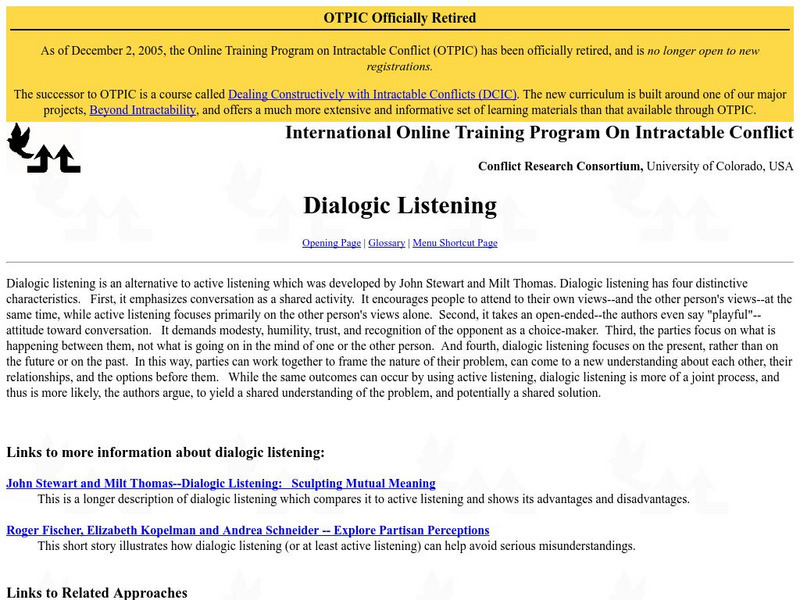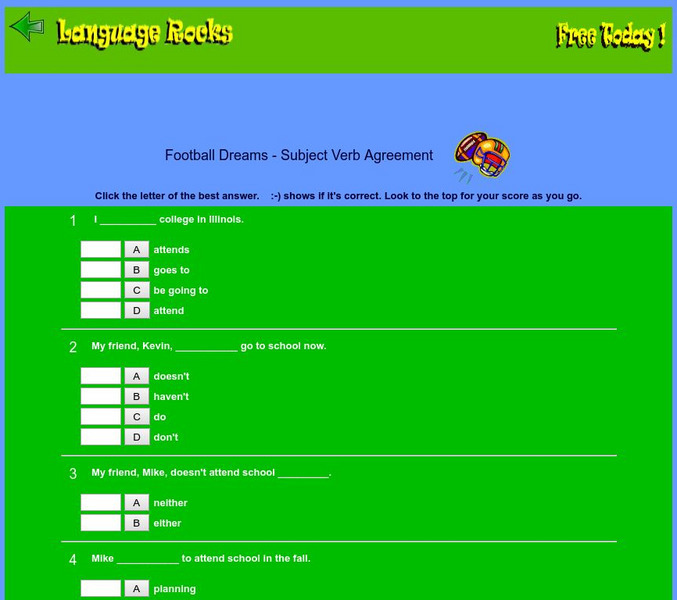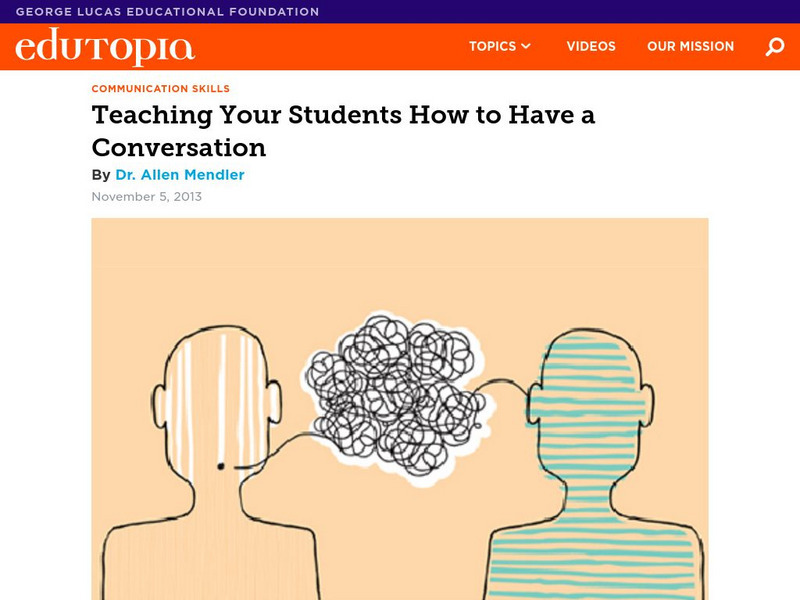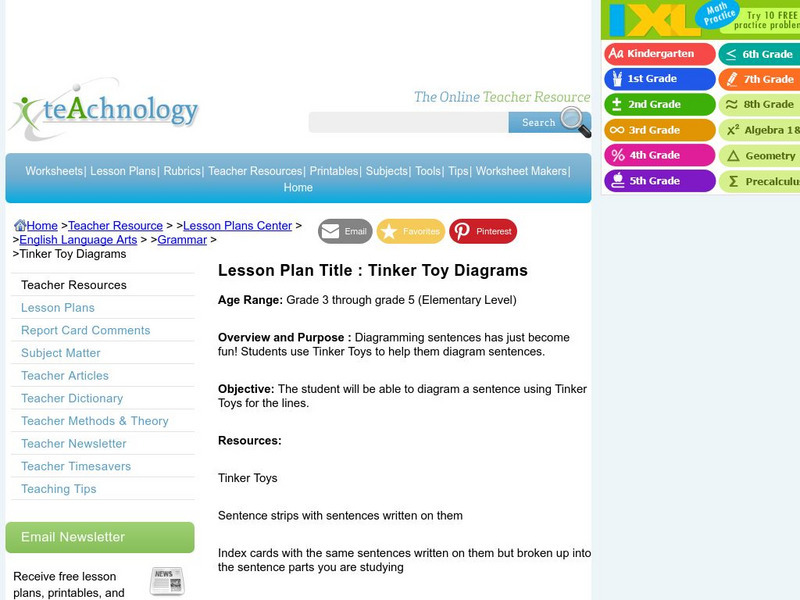Other
How to Study: Good Listening in Class
Eight tips on how to improve your listening skills in the classroom so that you gain more from lectures and discussions.
EL Education
El Education: Blueprints With Four Drafts
These four drafts of architectural blueprints were created by a 5th/6th grade student from Shutesbury Elementary School, in Shutesbury, Massachusetts, as part of a Learning expedition on Architecture.
EL Education
El Education: Sapling Rise a Micro Field Guide
Students create a field guide for a three foot by three foot plot of ground. Students name their plots, graph temperature, create an inventory and table to record observations, make illustrations, and write informational text based on...
EL Education
El Education: Testing the Waters
Students tested water at several sites in a local creek and write a scientific paper showing their testing and results. Scientific papers include an abstract, introduction, methods, results, and discussion including recommendations...
California Academy of Sciences
California Academy of Sciences: Facial Expressions
Are facial expressions learned or innate? [2:58]
TES Global
Blendspace: Reading Strategies for Complex Texts
A nine-part learning module on reading strategies including links to videos, images, websites, and activities.
TES Global
Blendspace: Introduction to Verbs
An eight-part learning module with links to videos, websites, songs, charts, images, and quizzes to learn all about verbs and how they are used in sentences.
ClassFlow
Class Flow: Reading Strategies
[Free Registration/Login Required] This is a creative flipchart to enhance reading strategies for all readers who are reading to learn that can be used on a daily basis. It allows students to receive BEFORE, DURING, and AFTER reading...
ClassFlow
Class Flow: Subjects and Predicates
[Free Registration/Login Required] This flipchart provides many opportunities to identify subjects and predicates.
ClassFlow
Class Flow: Dialogue
[Free Registration/Login Required] This flipchart introduces the rules of writing dialogue and allows students the opportunity to interact with the Activboard and elements of dialogue. Includes practice worksheets.
ClassFlow
Class Flow: Explore
[Free Registration/Login Required] This flipchart explores the occurrence of certain letters within words (v and k) and deduces some of the conventions for using them at the beginning, middle and ending of words.
Can Teach
Can Teach: Writing a Cooperative Class Story
In this lesson plan, young scholars will write a cooperative class story, using brainstorming and editing skills. Lesson plan indicated for 3rd grade and above.
University of Colorado
University of Colorado: Dialogic Listening
Dialogic listening is similar to active listening but is an alternative. This site outlines its four major characteristics and provides related links.
Other
Teach Ro: Collective Nouns and Verb Agreement Practice
Learn about collective nouns and practice choosing the right verb form for the collective noun subject in each sentence.
Can Teach
Can Teach: Follow Directions and Draw (Lesson Plan)
Have your students practice writing directions, then listening to and comprehend those directions with this lesson plan.
Daily Teaching Tools
Daily Teaching Tools: Cooperative Learning: Assigning Tasks
This Daily Teaching Tools resource provides cooperative learning ideas. Students can be assessed via items suggested on this reference.
Other
Namo Interactive Inc.: College, Football, and Dreams
A short fill-in-the-blank exercise on matching subject and verb.
Other
I Buzzle: Group Discussion Activities
Group discussion activities help at several levels, may it be professional or personal. The following article will highlight the importance of these activities and provide you with examples. The activities described can help with warming...
Quizlet
Quizlet: Collaborative Discussions: Ela Mr. Bolton
This website gives the definitions and strategies for effective collaborative communication.
Other
Skills Workshop: Listening for the Main Points [Pdf]
A simple exercise where students listen to a reading passage read out loud and identify the key pieces of information.
Edutopia
Edutopia: Teaching Your Students How to Have a Conversation
While it is impossible to know all of the reasons, there is no doubt that learning to listen and talk is an extremely important way to broaden knowledge, enhance understanding and build community. Perhaps this is why the core standards...
HotChalk
Hot Chalk: Lesson Plans Page: Following Directions
Through this lesson plan, students demonstrate their understanding of the importance of following directions.
Teachnology
Teachnology: Lesson Plan: Tinker Toy Diagrams
In this lesson students work together in small groups to diagram sentences using Tinker Toys for the lines.
American Forum for Global Education
American Forum for Global Education: Move, Feet, Move
Making good choices is the economic principle explored here at the American Forum for Global Education. Children learn to "identify alternative choices in conflict situations" through the use of verbal and nonverbal cues.





